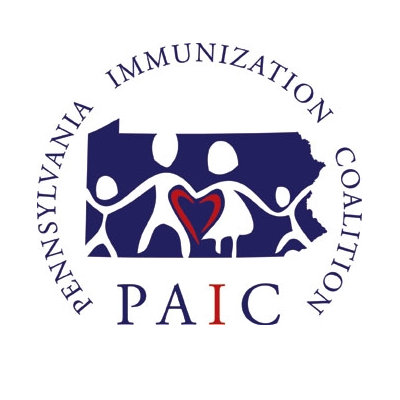How France is persuading its citizens to get vaccinated
(CNN) In February this year, a holiday in paradise turned into a nightmare for one French family. Soon after their arrival in Costa Rica, their unvaccinated five-year-old son developed measles, the country’s first case since 2014. The parents, also unvaccinated, tested positive for the virus too. They were believed to have brought it from France.
Measles is more contagious than Ebola, tuberculosis or flu, it has no specific treatment, and it can be picked up from the air or from surfaces for as long as two hours after an infected person has come and gone. Because it’s so infectious, health experts see it as an early warning sign that there’s a problem with vaccination coverage.
“Measles is like a canary in the mine,” says Heidi Larson, director of the Vaccine Confidence Project and a professor of anthropology at the London School of Hygiene & Tropical Medicine.
To protect a population from measles, she says, at least 95% of people need to be vaccinated — a higher threshold than for most other infections. This means that if vaccination rates start falling, “it’s going to be the first to show its ugly head”.
When last measured in 2017, Costa Rica had a vaccination rate of 96% for the disease — a clear sign that its people shouldn’t have been at risk from each other. That same year, France’s measles coverage stood at only 90%.
This isn’t surprising in light of the widespread concern about childhood vaccines in France. One in three French people think vaccines are unsafe — the world’s highest rate — and nearly one in five believe they aren’t effective — second only to Liberia.
This is according to new data from the Wellcome Global Monitor, a worldwide poll of more than 140,000 people in 144 countries.
Read the full article here.
